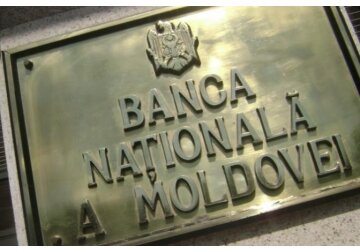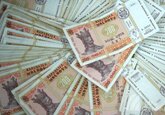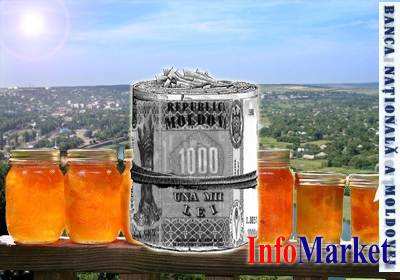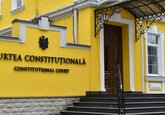
The law prohibits the provision of any financial assistance to the state, since any loan from the NBM will lead to the impoverishment of the population, the National Bank of Moldova states.
This is the comment of the National Bank of Moldova (NBM) delivered at the request of the media on the possibility of providing a loan to the state or using foreign exchange reserves. The National Bank noted that in order to overcome the economic crisis, support economic agents and the population in the pandemic, the leaders of many countries resort to domestic or foreign loans. In Moldova, the attraction of internal resources by the executive branch is provided for by law, and the National Bank, as a fiscal agent of the state, regularly places government securities (GS) and government bonds in the primary market. “The Law on the National Bank of Moldova prohibits the provision of any financial assistance to the state and its bodies. Lending to the state or business is provided by banking and non-bank financial institutions. Currently, there is enough liquidity in the banking sector,” the NBM said. The central bank recalled that it ensured the availability of a high level of liquidity in banks, namely to create conditions for lending to businesses and the Ministry of Finance, and, as a result, these funds are available for the needs of the economy. Thus, a macro-monetary balance is ensured and conditions are created for lending to the economy. “Any loan from the NBM to the state would mean an additional emission of money, which would lead to an inevitable rise in prices and, as a result, to the impoverishment of the population, which will affect the most vulnerable segments of the society,” the National Bank stressed. The NBM also drew attention to the fact that the funds from the accounts of the Ministry of Finance received in the form of external financial assistance (loans and grants) are included in the official reserve assets. The Ministry of Finance freely uses these funds, including after conversion into the national currency, for budget expenditures and the development of investment projects. The NBM clarified that the official reserve assets are managed by the National Bank to maintain the balance of payments and, if necessary, to regulate its imbalances in order to maintain confidence in the national currency and the national economy as a whole. The NBM maintains foreign exchange reserves at an appropriate level. The Law on the National Bank of Moldova stipulates that the NBM “maintains foreign exchange reserves at the level necessary from its point of view for the implementation of the monetary and foreign exchange policy of the state”. Their sufficiency is assessed in accordance with international practice on the basis of a number of indicators, including the coverage of the corresponding import period and the coverage of short-term external debt. “At present, these indicators show a high degree of sufficiency of foreign exchange reserves. This speaks of the resilience of our economy to crisis situations,” the National Bank of Moldova said. They noted that the use of foreign exchange reserves for non-envisaged purposes, in addition to the negative consequences of monetary policy, could cause other shocks that could increase the pressure on foreign exchange reserves. This situation is undesirable, especially now, when the country needs strong foreign exchange reserves in the current global crisis. The NBM stressed that the conversion of foreign exchange reserves and use in the domestic plan will immediately lead to higher prices, since the national currency will be issued for the same unit of currency at the corresponding exchange rate. As a result, devaluation will occur, caused by a decrease in confidence in the national currency, with successive transfers of citizens' savings into foreign currency and a subsequent rise in prices - inflation. “As a result, any loan from the NBM to the state or the use of foreign exchange reserves for other purposes will undermine confidence in the country, affect the economy and put citizens in a difficult situation,” the National Bank stressed. // 02.04.2021 – InfoMarket







